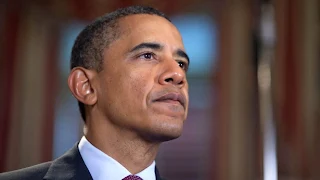
Saudi Arabia, the United Arab Emirates and Bahrain withdrew their ambassadors from Qatar
Wednesday, March 05, 2014
No comments
 |
| GCC states |
Saudi Arabia, the United Arab Emirates and Bahrain withdrew their ambassadors from Qatar on Wednesday in an unprecedented public split between Gulf Arab allies who have fallen out over the role of Islamists in a region in turmoil.
Qatar's cabinet voiced "regret and surprise" at the decision by the fellow-members of the six-nation Gulf Cooperation Council, but said Doha would not pull out its own envoys and that it remained committed to GCC security and stability.
The Saudi-led trio said they had acted because Qatar failed to honor a GCC agreement signed on November 23 not to back "anyone threatening the security and stability of the GCC whether as groups or individuals - via direct security work or through political influence, and not to support hostile media".
Qatar's cabinet voiced "regret and surprise" at the decision by the fellow-members of the six-nation Gulf Cooperation Council, but said Doha would not pull out its own envoys and that it remained committed to GCC security and stability.
The Saudi-led trio said they had acted because Qatar failed to honor a GCC agreement signed on November 23 not to back "anyone threatening the security and stability of the GCC whether as groups or individuals - via direct security work or through political influence, and not to support hostile media".
Saudi Arabia and the UAE are fuming especially over Qatar's support for the Muslim Brotherhood, an Islamist movement whose political ideology challenges the principle of dynastic rule.
They also resent the way Doha has sheltered influential Brotherhood cleric Yusuf Qaradawi and given him regular airtime on its pan-Arab satellite television channel Al Jazeera.
The GCC, which normally keeps its disputes under wraps, is a pro-Western alliance of monarchies set up in the 1980s to counter Iranian influence in the Gulf, and includes several of the world's biggest producers and exporters of oil and gas.
Kuwait and Oman did not join the diplomatic rebuke to Qatar. Kuwait's parliament speaker Marzouq al-Ghanim said he was concerned by its implications. Oman has not commented.
read more >>








































